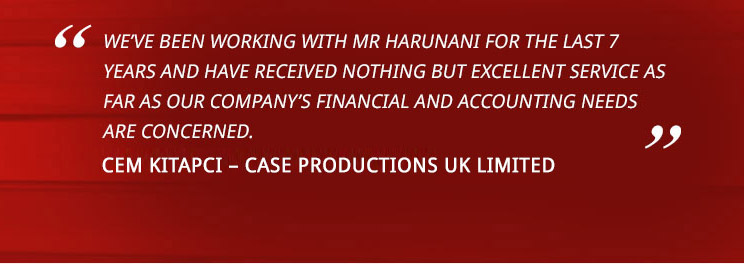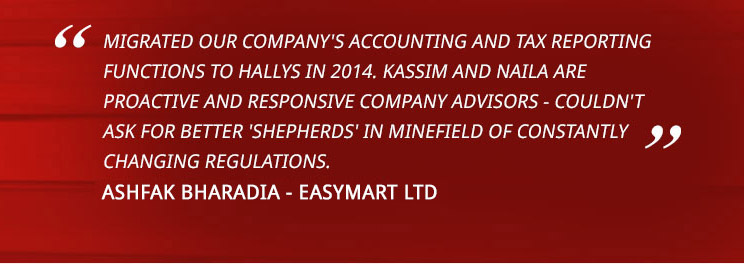You are required to make National Insurance Contributions on your earnings, whether employed or self-employed, until you reach the State Retirement Age.
The only exception is if you qualify for exemption from contributions if your salary or business profits are below a certain minimum amount. For 2017-18 these lower limits are:
- Below £157 a week if you are employed,
- Below annual profits of £6,025 to claim exemption from Class 2 self-employed contributions, and
- Below annual profits of £8,164 to claim exemption from Class 4 self-employed contributions.
It is worth noting that claiming these exemptions, whist this will save you money in the short-term, may reduce the credits you acquire in order to qualify for the State Pension. Currently, you need to have 35 years of paid up NIC contributions in order to qualify for the new full State Pension if you have no contributions record prior to April 2016. If you have contributions before this date the sums are more complicated.
To recap, at State Pension age, you will no longer have to pay have to pay the following NIC contributions if you continue working:
- Class 1 NIC if you are employed;
- Class 2 NIC if you are self-employed;
Class 4 contributions for the self-employed are slightly different. If you continue in self-employment beyond the State Pension age, you will pay contributions in the tax year during which you reach the pension age, but in future years you will be exempt from contributions.
Under current legislation, women’s State Pension age will increase more quickly to 65 between April 2016 and November 2018. From December 2018 the State Pension age for both men and women will start to increase to reach 66 by October 2020.















